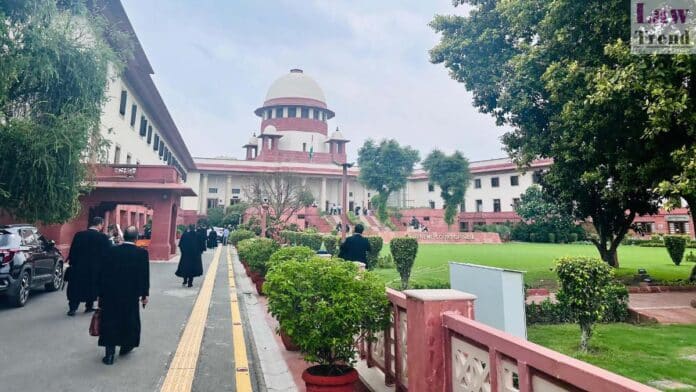In a significant ruling reinforcing the fundamental right to a speedy trial, the Supreme Court of India has held that the right under Article 21 extends to the stage of investigation, and unexplained delays in filing chargesheets can be a ground for quashing prosecution. The Bench, comprising Justice Sanjay Karol and Justice Nongmeikapam Kotiswar Singh,
To Read More Please Subscribe to VIP Membership for Unlimited Access to All the Articles, Download Available Copies of Judgments/Order, Acess to Central/State Bare Acts, Advertisement Free Content, Access to More than 4000 Legal Drafts( Readymade Editable Formats of Suits, Petitions, Writs, Legal Notices, Divorce Petitions, 138 Notices, Bail Applications etc.) in Hindi and English.




